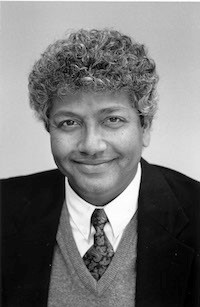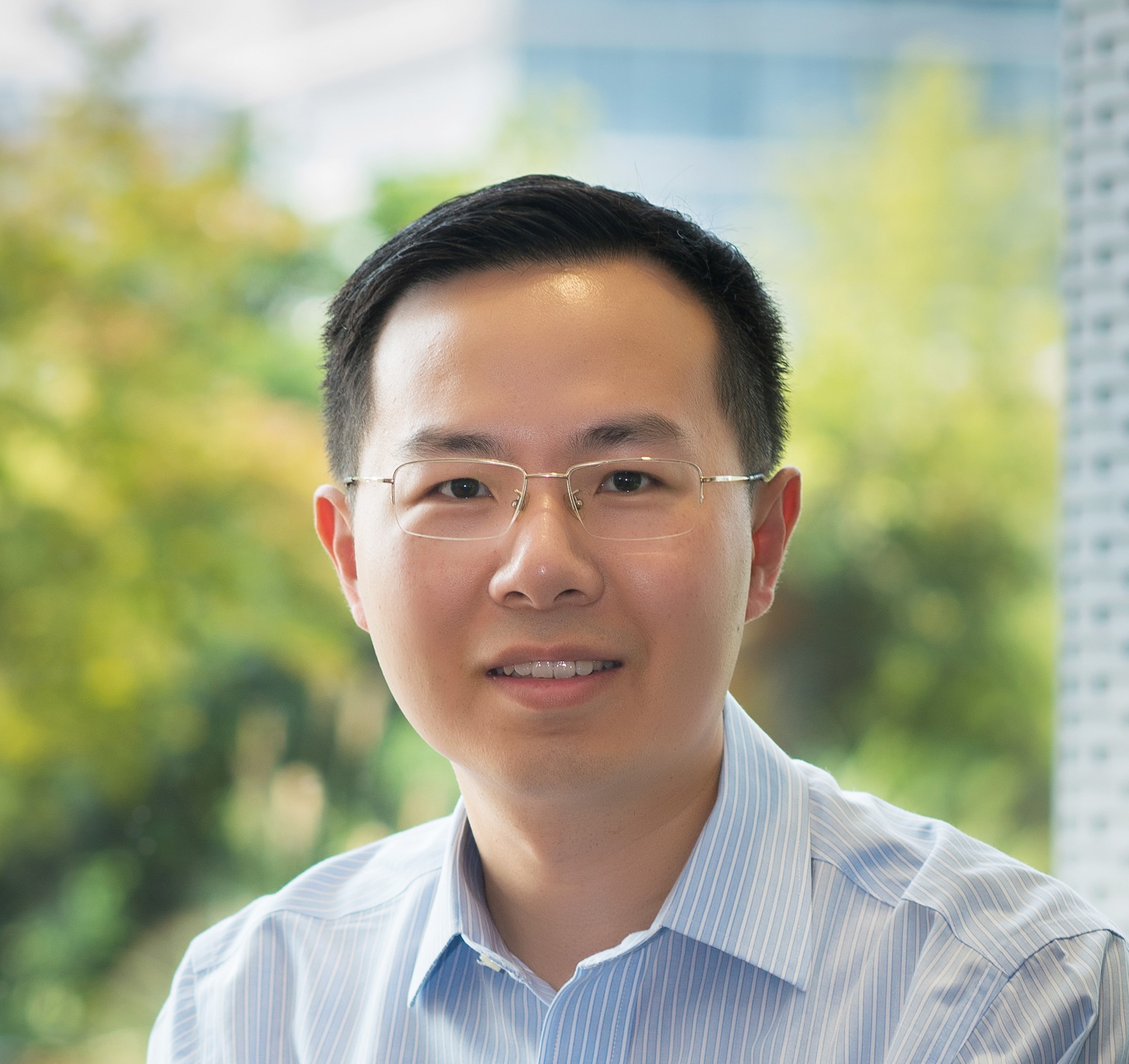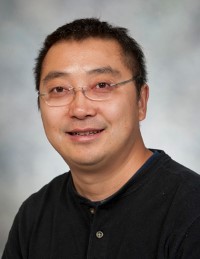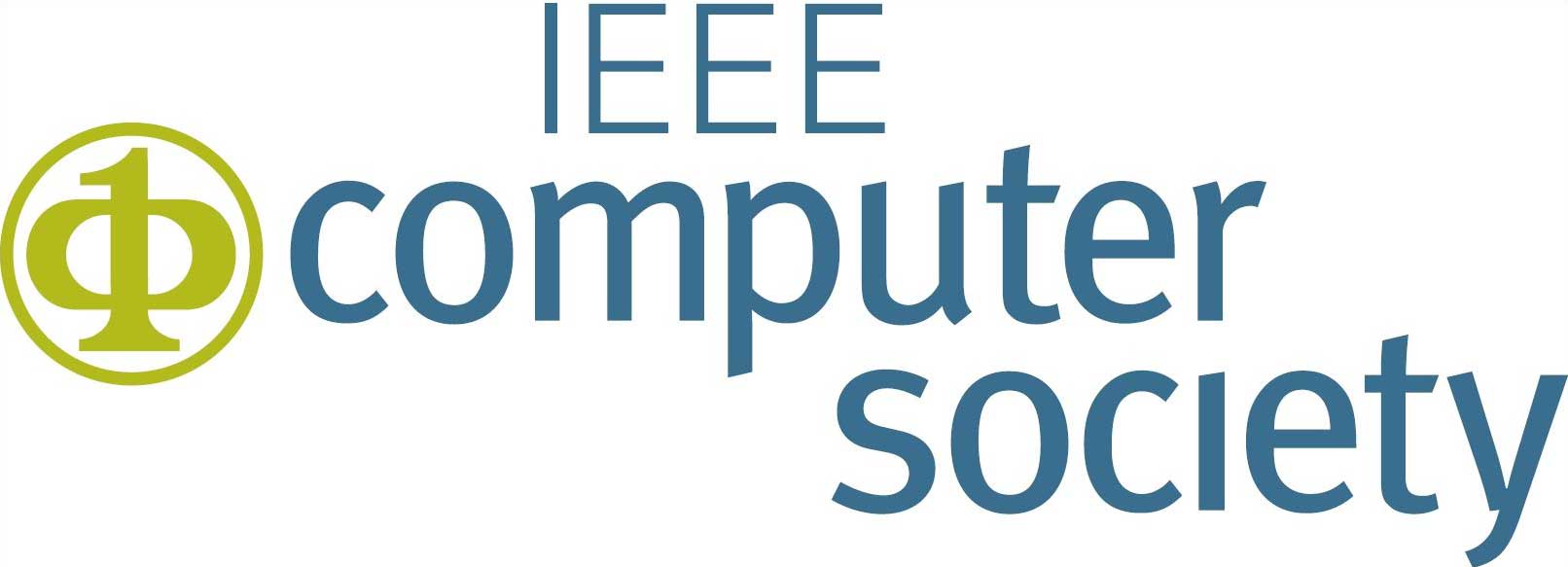IC2E 2018 Keynotes
- Joint keynote of IoTDI and IC2E: Mahadev Satyanarayanan (CMU).
- Joint keynote of IoTDI and IC2E: Jingren Zhou (Alibaba Group).
- Joint keynote of IoTDI and IC2E: Lin Zhong (Rice University).
Edge Computing: a New Disruptive Force
 Speaker:
Speaker: Prof. Mahadev Satyanarayanan (Carnegie Mellon University)
Time and location: April 18, 2018. 9:00 - 10:00am. Plaza EF Convention Level.
Abstract: At the height of its success, Cloud Computing is yielding to Edge Computing. Why is this happening? What is the unique value proposition of Edge Computing? As real-world deployments of Edge Computing appear, how will the lives of end users be improved? What new applications and capabilities will they see? Based on my team's decade-long exploration of edge computing, I will share my insights on these questions. Of particular interest is a new class of "Wearable Cognitive Assistance" applications that lie at the intersection of edge computing, wearable devices and cognitive algorithms (e.g., computer vision, speech recognition, natural language processing).
Bio
Mahadev Satyanarayanan (Satya) is the Carnegie Group Professor of Computer Science at Carnegie Mellon University. Satya's multi-decade research career has focused on the challenges of performance, scalability, availability and trust in information systems that reach from the cloud to the mobile edge of the Internet. In the course of this work, he has pioneered many advances in distributed systems, mobile computing, pervasive computing, and the Internet of Things (IoT). Most recently, his seminal 2009 publication “The Case for VM-based Cloudlets in Mobile Computing” has inspired many technical efforts worldwide at the intersection of mobile computing, cloud computing, and IoT and has led to the emergence of Edge Computing (also known as "Fog Computing"). Satya received the PhD in Computer Science from Carnegie Mellon, after Bachelor's and Master's degrees from the Indian Institute of Technology, Madras. He is a Fellow of the ACM and the IEEE. He was the founding Program Chair of the HotMobile series of workshops, the founding Editor-in-Chief of IEEE Pervasive Computing, the founding Area Editor for the Synthesis Series on Mobile and Pervasive Computing, and the founding Program Chair of the First IEEE Symposium on Edge Computing. He was the founding director of Intel Research Pittsburgh, and was an Advisor to Maginatics, which has created a cloud-based realization of the AFS vision and was acquired by EMC in 2014.
Data Intelligence and Analytics at Alibaba
 Speaker:
Speaker: Dr. Jingren Zhou (Alibaba Group)
Time and location:April 19, 2018. 9:00 - 10:00am. Plaza EF Convention Level.
Abstract: As the world’s largest e-commerce platform, Alibaba heavily relies on massive data analysis of many kinds to collect data insights and drive business decisions in real time. In this talk, I’ll present an overview of Big Data and AI computing platform at Alibaba, which consists of a wide range of products and services to enable fast and efficient big data development and intelligent analysis. The platform not only supports Alibaba’s internal businesses but also provides solid services to enterprise customers via Alibaba Cloud. I’ll also describe key techniques and system internals, and outline outstanding research and engineering challenges.
Bio
Jingren Zhou is Vice President at Alibaba Group. He is responsible for driving Big Data development and business strategies at Alibaba Cloud Division. He manages the cloud engineering team to develop cloud-scale distributed computing platform, data analytic products, and various business solutions. He is also Head of the Search Division at Alibaba, leading the search engineering team to develop advanced techniques for personalized e-commerce and multimedia search, and provide best-in-class shopping experience at Alibaba's e-commerce platforms, including Taobao and Tmall. Prior to joining Alibaba, Dr. Zhou was partner engineering manager at Microsoft and researcher at Microsoft Research. His research interests include cloud-computing, distributed systems, and databases. Dr. Zhou received his PhD in Computer Science from Columbia University.
Time to Retire Linux (and C) in IoT Devices
 Speaker:
Speaker: Prof. Lin Zhong (Rice University)
Time and location:April 20, 2018. 9:00 - 10:00am. Plaza EF Convention Level.
Abstract:As IoT devices welcome more powerful hardware, they are also embracing Linux, the operating system that have dominated systems from data centers to smartphones. By doing so, they also invite home the well-known problems with Linux and its kernel language C, yet without the abundance and redundancy of data centers or the large developer base of smartphones to cope with them. In this talk, we argue that IoT devices should look beyond Linux and rise up to the opportunities brought by modern systems programming languages. We will share our experience in developing an experimental operating system using Rust and in negotiating a new contract between the software and hardware that shifts complexity out of hardware and low-level software.
Bio
Lin Zhong is Professor of Electrical & Computer Engineering with Rice University. He received his B.S and M.S. from Tsinghua University and Ph.D. from Princeton University. He has been with Rice University since September 2005. At Rice, he leads the Efficient Computing Group to make computing, communication, and interfacing more efficient and effective. He and his students received the best paper awards from ACM MobileHCI, IEEE PerCom, and ACM MobiSys (3), and ACM ASPLOS. He is a recipient of the NSF CAREER Award, the Duncan Award from Rice University, and the RockStar Award from ACM SIGMOBILE. More information about his research can be found at http://www.recg.org.







 Speaker: Prof. Mahadev Satyanarayanan (Carnegie Mellon University)
Speaker: Prof. Mahadev Satyanarayanan (Carnegie Mellon University) Speaker: Dr. Jingren Zhou (Alibaba Group)
Speaker: Dr. Jingren Zhou (Alibaba Group) Speaker: Prof. Lin Zhong (Rice University)
Time and location:April 20, 2018. 9:00 - 10:00am. Plaza EF Convention Level.
Speaker: Prof. Lin Zhong (Rice University)
Time and location:April 20, 2018. 9:00 - 10:00am. Plaza EF Convention Level.